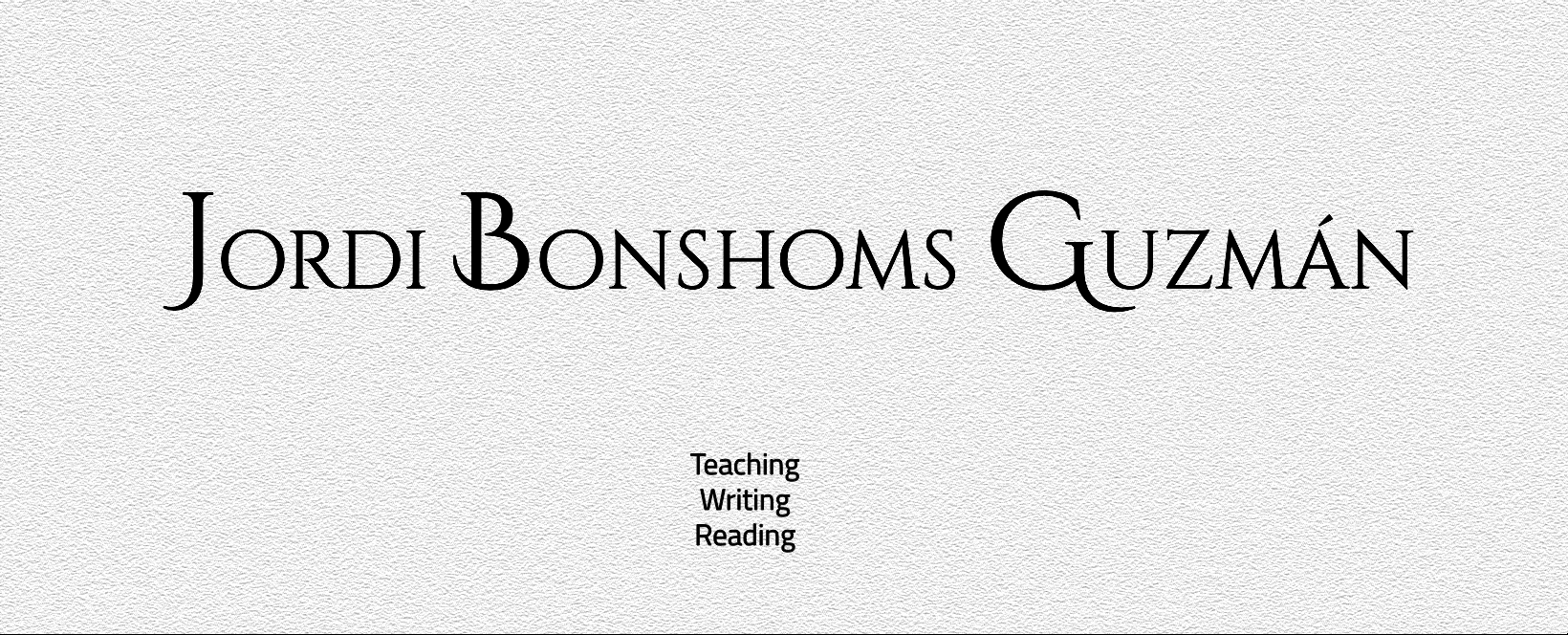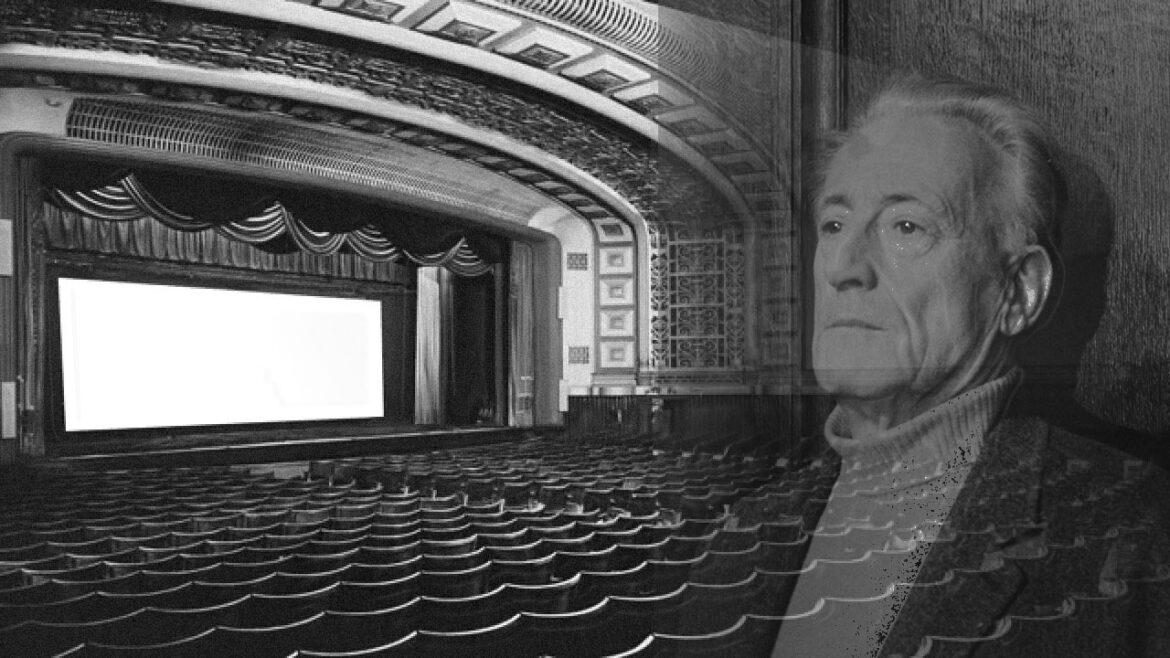Let us start right away by pointing out Lefebvre’s research question:
«Can the body, with its capacity for action, and its various energies, be said to create space?»
Henri Lefebvre, The Production of Space, Blackwell Publishing, 1991, p. 170
Lefebvre immediately gives a straight but refined answer, which deserves to be apprehended in all the thickness of his words:
«Assuredly, but not in the sense that occupation might be said to ‘manufacture’ spatiality, rather, there is an immediate relationship between the body and its space. Before producing effects in the material realm (tools and objects), before producing itself by drawing nourishment from that realm, and before reproducing itself by generating other bodies, each living body is space and has its space: it produces itself in space and it also produces that space.»
Ibid.
There a number of concepts that need to be better understood and which Lefebvre discloses throughout the following chapters of his book. For instance, what does Lefebvre mean by an «immediate» relationship? It refers to the direct contact between the body and space, without any mediation of an external force, be that natural or divine. Or, to put it differently, it refers to an immanent law of space, Lefebvre refuses any transcendental understanding of how the body produces space and is produced by space. The provisional definition of «body» is also relevant: «a deployments of energy».
(To be continued…)

